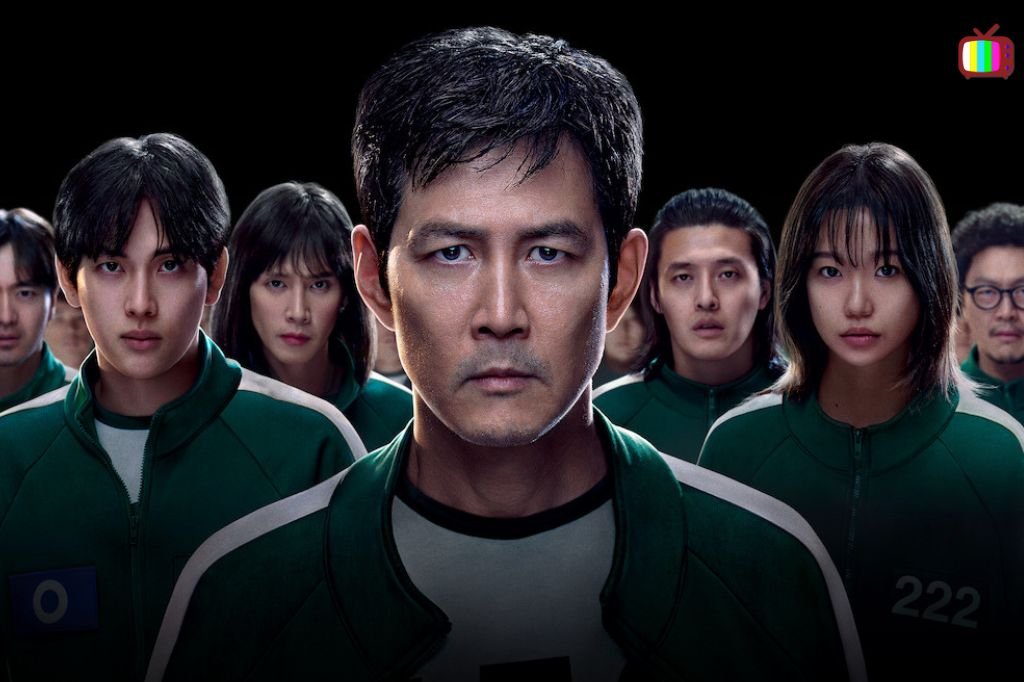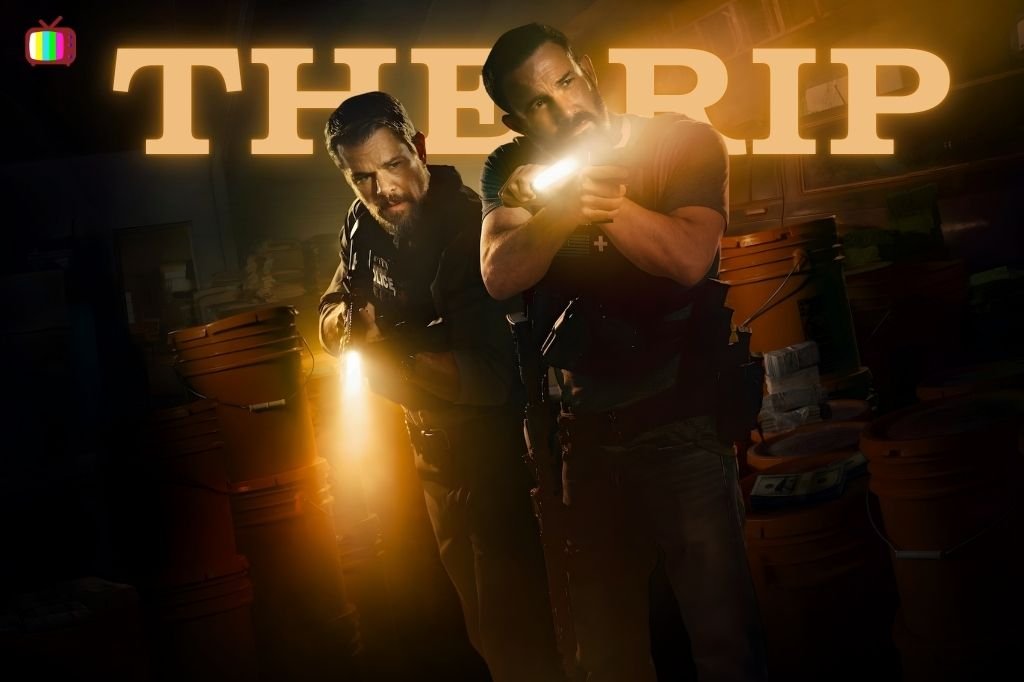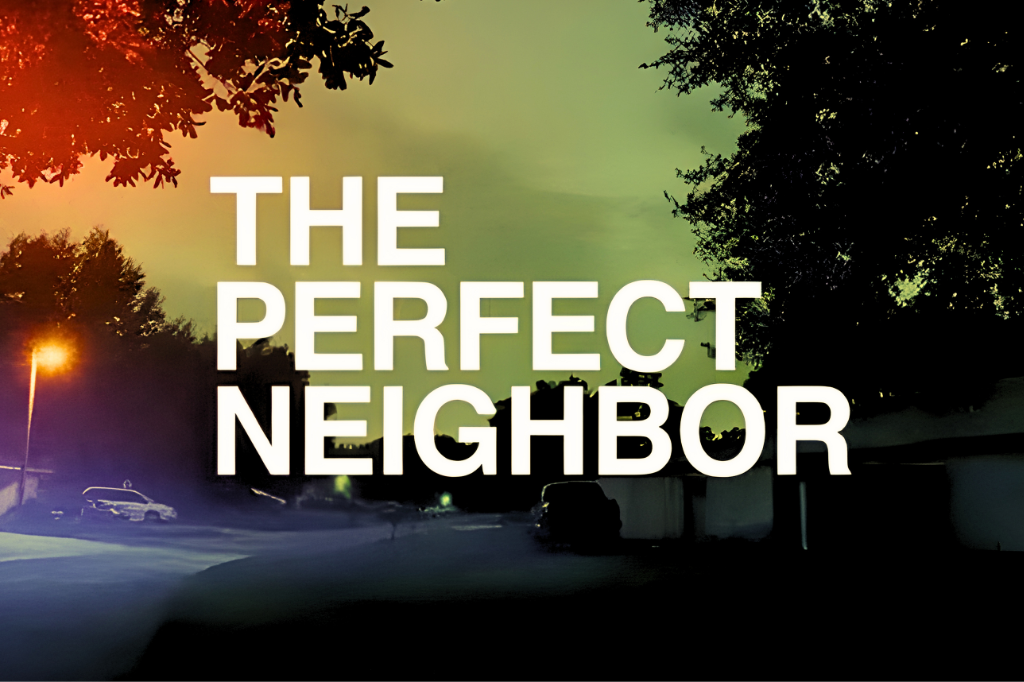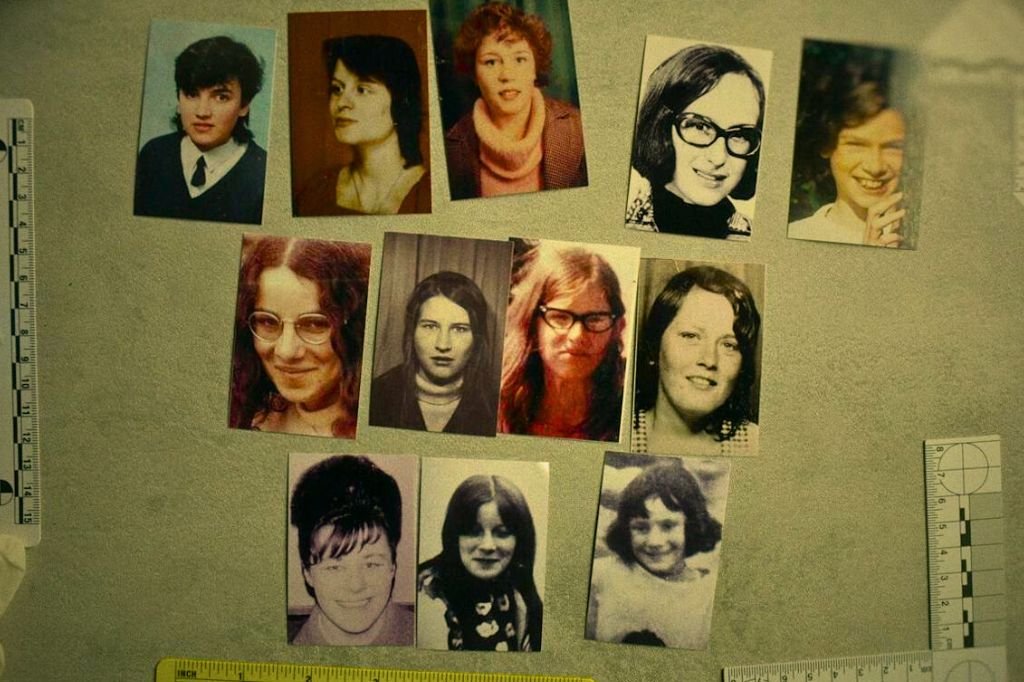Now Reading: Squid Game Season 3 Ending Explained – Worth Watching?
-
01
Squid Game Season 3 Ending Explained – Worth Watching?

Squid Game Season 3 Ending Explained – Worth Watching?
NETFLIX’s BIGGEST project, Squid Game, the global phenomenon that shattered records and became a cultural lightning rod, has finally concluded with Season 3. But the burning question is: did it manage to live up to the immense hype generated by Season 1, or did it leave fans frustrated with too many open doors and a diluted core? Let’s dive deep and unpack the controversial Squid Game Season 3 ending explained.
Table of Contents
Honest Opinion

Honestly? It feels like the magic got lost. While Season 1 was a razor-sharp, brutal critique of capitalism wrapped in terrifying games, Season 3 became an emotional rollercoaster where the actual games often felt like background noise. Remember the white-knuckle tension of Red Light, Green Light? The visceral horror of the glass bridge? That intensity was largely missing. Instead, the season felt dragged out, crammed with subplots that didn’t deliver satisfying payoffs.
From Capitalism to Democracy: A Shift in Philosophy
Season 1 was a sharp, brilliant critique of capitalism—survival of the fittest in its most literal form. But Season 3 tries to pivot, focusing more on democracy, mob mentality, and societal systems. The players were now given the power to vote after each game—a commentary on democratic choices. But even that felt hollow.
Yes, there were moments of reflection, like the impactful speech by the grandmother who later takes her own life. That scene made us question the cost of humanity when faced with survival. And while that emotional layer was appreciated, the storytelling felt rushed and cluttered.
Where Did the Focus Go? The Wandering Plot & Unsatisfying Arcs
The season started with a clear goal: stop the deadly Squid Games. But that mission got buried. A huge chunk of screen time followed one character relentlessly searching for his brother across two seasons. The payoff? Their long-awaited meeting was shockingly underwhelming – they couldn’t even have a real conversation. And then, handing his brother a baby? What was the point? What connection did he have to that responsibility? It felt emotionally hollow, a detour that led nowhere meaningful.
Then there was the “fake marine.” Remember him freezing up constantly? We braced for a deep trauma reveal… only to discover he was literally just a fraud. His descent into madness and eventual death felt unearned and pointless. Even the inspiring grandmother from earlier seasons returned, giving a powerful speech about the horrors she witnessed, only to tragically take her own life. While poignant, it underscored a season drowning in bleakness without clear narrative direction.
When the Games Stop Being the Game
Let’s be honest—the games were what pulled us into Squid Game in the first place. Red light, green light. Tug of war. Marbles. Each challenge had stakes, strategy, and raw emotion. But in Season 3? Not so much.
The hide-and-seek scene was awkward. Players walking around casually like they were at a park, not fighting for their lives. The rope-jumping scene? Visually underwhelming. Where was the tension? The creativity? The psychological warfare?
Sure, people died. But it didn’t feel like they did. The shock factor was gone. The thrill replaced with slow dialogues and philosophical debates that didn’t land.
Squid Game Season 3 Ending Explained: The Bleak Truth & Global Expansion
This brings us to the crucial Squid Game Season 3 ending explained. Forget shutting down the games. The final moments hammer home a devastating philosophy. As Mac Miller’s “So It Goes” plays, we see chilling glimpses of the Squid Game International franchise launching worldwide. The message is brutal: the system isn’t broken; it’s designed against you. It’s a rigged game of poverty and wealth where only a tiny few profit from the desperation of the masses.
The season critiques democracy itself. Players now get to vote after each game – democratically choose to continue or take money and leave. Sounds fair? The show argues that when basic needs aren’t met, democracy crumbles into mob rule. We see the crowd make biased, knee-jerk decisions – hyping brainwashed ideas, turning on individuals (like a disgraced doctor) based on unproven accusations.
The powerful elite (the VIPs, the Front Man) just watch from the shadows, knowing human nature ensures the cycle continues. Trying to change it? The system, fueled by greed and disguised as progress, is too powerful. As the narrator says, “Sometimes, even after a whole lifetime, people can’t change anything.” The Squid Game Season 3 ending explained isn’t hopeful; it’s a resignation to a cruel, unchangeable machine.
The Real Villain? Corporate Greed Rushed the Game

It’s hard not to see the irony. The show critiques a system corrupted by greed, yet many fans feel Season 3 itself fell victim to Netflix’s corporate hunger. The complex themes – philosophy, psychology, societal critique – were all there. But they felt crammed and disjointed. This wasn’t a story needing three seasons; it felt like a clear case of splitting Season 2 into Seasons 2 and 3 purely for profit. The need for a creative pause was ignored.
The rush to build a “Squid Game Universe” overshadowed tight writing and cohesive storytelling. Key emotional moments, like the fleeting spark of hope for humanity beyond base nature, felt rushed. Even the games suffered! Remember the confusing hide-and-seek segment? Characters casually chatting in the gallery like it was a picnic, not a fight for survival? Or the rope-jumping death scene lacking the usual terrifying impact? The soul of the original was often missing.
What’s Next? Squid Game’s Future After Season 3
Despite the disappointment, the franchise isn’t ending. The Squid Game Season 3 ending explained explicitly sets up a global expansion. That cameo with Cate Blanchett as a saleswoman hailing a cab with a homeless person, smiling at the Front Man? It signals the games are thriving worldwide. Here’s what’s coming:
- Squid Game USA: Confirmed as a movie, directed by the acclaimed David Fincher. Expect a new American twist on the deadly games.
- Front Man Spin-off: We’ll likely see how the current Front Man (a past winner) rose to power in a mini-series or special.
- Origins Story: Strong rumors point to a show exploring the Squid Game’s beginnings, possibly dating back to the 1800s/1900s, revealing its mysterious founders. Think Severance‘s dystopian mystery vibe.
A “Squid Game Cinematic Universe” board seems inevitable, driven by commercial success despite quality concerns. Netflix has a track record of canceling shows, but Squid Game prints money. Expect more content – the hope is they learn from Season 3’s mistakes.
Final Thoughts – A Fan’s Honest Review
So, did Squid Game Season 3 manage the hype? Sadly, no. The potential was enormous. The social critique shifted effectively from capitalism (S1) to democracy’s flaws (S3), offering powerful, timely commentary. Visually, it remained strong. However, the execution faltered. The central plot meandered, character arcs fizzled, the games lost their edge, and the ending, while thematically consistent, felt nihilistic without the satisfying narrative closure fans craved regarding stopping the games. It’s a 3 out of 5 star season – not terrible, with moments that resonate, but a significant step down from its groundbreaking start. Ironically, the season itself became a metaphor for the very greed it criticizes: a unique game potentially ruined by those at the top rushing for more.
What did YOU think? Did the Squid Game Season 3 ending explained work for you, or did it leave you wanting more? Share your thoughts below! If you haven’t seen it yet, maybe wait for the reviews of Squid Game USA. The game continues… just maybe not as brilliantly as before.

















